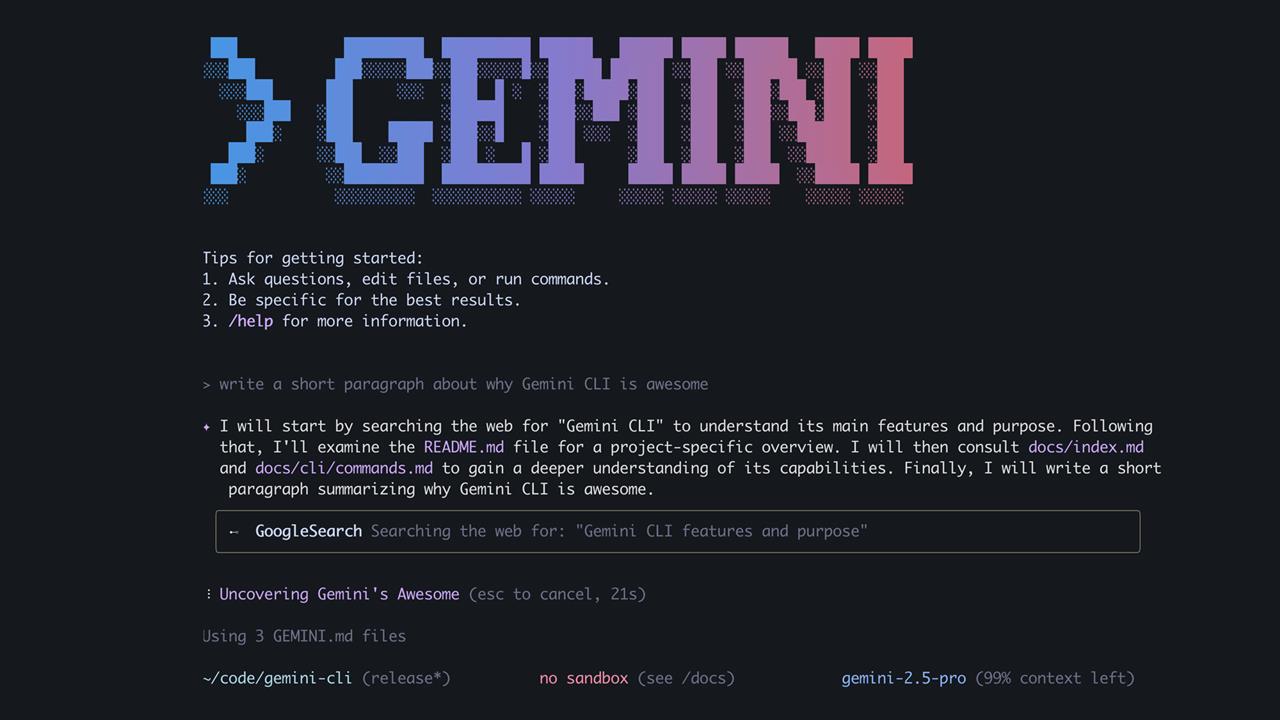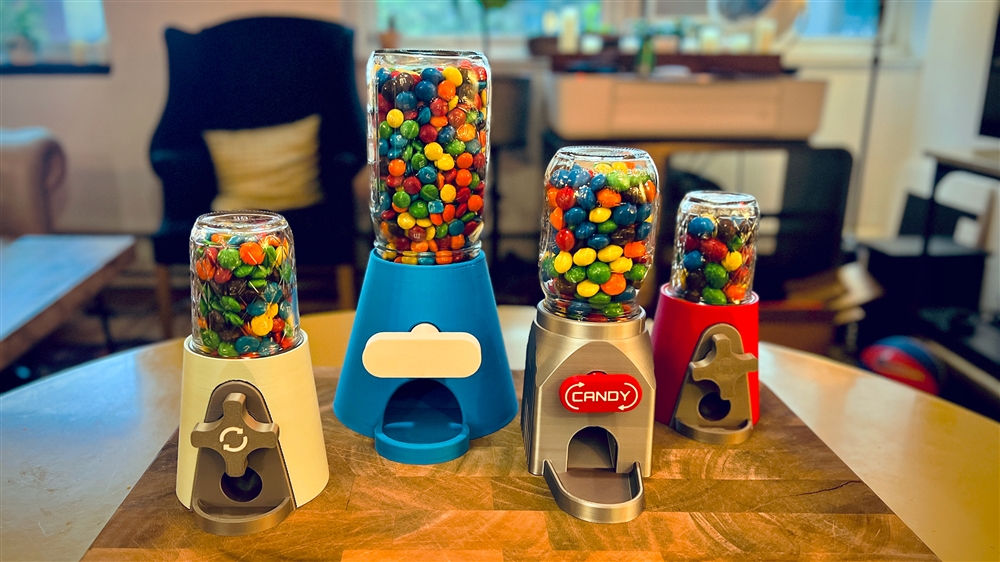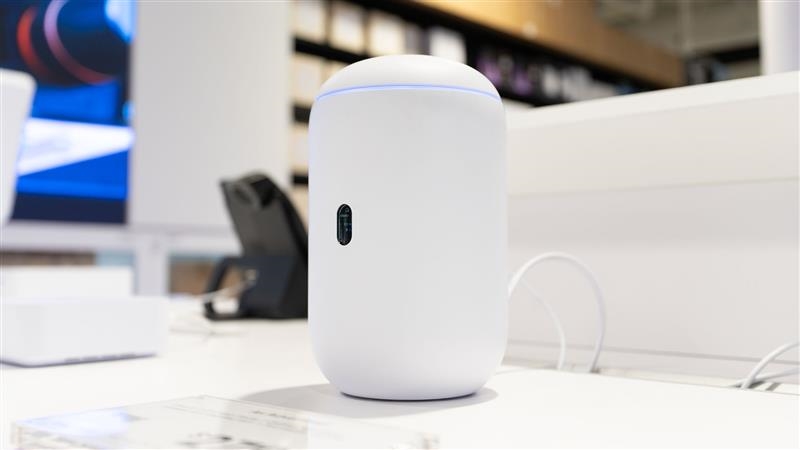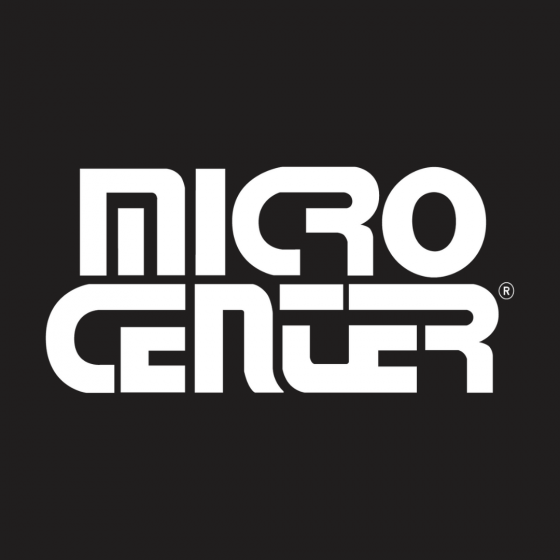This Week in AI: Gemini CLI Joins the Vibe Coding Competition
For June 27, 2025: Google's Gemini CLI launches, NVIDIA worth more than $3.8 trillion, Salesforce is using AI a lot, and your AI therapist is here.News

Vibe coding (verb): To create code from an artificial intelligence-powered tool, YOLO-style.
AI-powered coding has been getting much hotter over the past couple months with the release of apps like Anthropic's Claude Code and OpenAI's Codex, along with improvements to Microsoft's Copilot and startups like Cursor and Devin. The apps themselves vary in capability -- sometimes wildly, and often with different coding languages or tasks -- but the central idea is that the AI helps you to write code.
Vibe coding is the next step, and a potential nirvana to those of us who struggled to get through Java 101. In vibe coding, you tell the AI what to create, and then you walk away. Set, and forget. Send it. Too-da-loo.
So far, that promise has been a more sci-fi than here-and-now. Which is why Google's launch of Gemini CLI this week is such a big deal.
Ever since OpenAI's ChatGPT burst onto the internet less than three years ago, and attracted 100 million users quicker than any product ever had before, techies have been wondering what will happen to Google.
After all, Google is a behemoth of a company. It's a leader in advertising, retail, education, finance, entertainment and more. And in tech, it's not just the biggest search engine, it's the biggest platform. Most of the world's phones run Google's Android software. Most internet users surf the web using Google's Chrome browser. Even if you try really hard not to, you're probably reading this through some combination of Google's technology right now.
Google was experimenting with artificial intelligence far before OpenAI was even founded in 2015, and was widely considered a leader in the space before ChatGPT.
With Gemini CLI, Google is making a statement. The company released its tech on the nerd-internet-hangout, GitHub, which is owned by frenemy Microsoft. It's also made Gemini CLI free to use for now, likely enticing a tidal wave of attention. Claude Code, by comparison, starts around $20 per month.
You can expect more coding tools to launch soon. Even Google has another competing app it offers called Jules, which acts somewhat like a web-version of Gemini CLI. It too is free, for now.
NVIDIA becomes the world's most valuable company... again
NVIDIA's market cap passed $3.8 trillion on Wednesday. That's thanks in large part to demand for the company's chips to power AI. It's mind-blowing to write that hitting $4 trillion in market cap is about $200 billion away.
For those keeping track, CNBC noted that the chipmaker's shares are up about 14% in June so far, and that's after jumping 24% last month. The last time Nvidia broke its all-time high was in January.
AI can learn from books, if it buys them
This week has been rather busy for AI copyright cases. The biggest news came out of California, where a federal judge ruled that Anthropic's moves to train its AI using millions of books it had purchased did not violate copyright laws.
"Dozens of AI-and-copyright-related lawsuits have been filed over the past three years, most of which hinge on the concept of fair use," Fortune noted in its report on the decision, adding that appeals will likely drag this question out for years to come.
Still, if this order holds up to scrutiny, "AI firms using copyrighted material to train their LLMs may be allowed in the future," AI Fray added. "The only exception to this would be if the material has been pirated."
Meta also beat a separate copyright suit this week, though the judge in that case was careful to leave open the possibility for more litigation on the issue. "This ruling does not stand for the proposition that Meta’s use of copyrighted materials to train its language models is lawful," San Francisco federal Judge Vince Chhabria wrote in his ruling, according to Bloomberg. "It stands only for the proposition that these plaintiffs made the wrong arguments and failed to develop a record in support of the right one."
On the other side of the world, in London, TechCrunch reported that Getty Images dropped its "primary claims" against Stability AI. In particular, Getty appeared to lose faith in its claim that Stability AI's ability to reproduce its watermark badge was proof of copyright abuse.
It's likely this is just the start.
Salesforce is using AI, a lot
Back in April, Salesforce said that AI was writing 20% of the APEX software it tracks. Fast forward two months and now Salesforce CEO Marc Benioff says AI is "doing 30% to 50% of the work at Salesforce now."
Microsoft and Google have said similar things too. What we don't know is what it will all mean for employees. Some techies believe AI is already hurting the job market, while others say it's creating jobs instead.
Your next therapist might be AI
SmarterChild, eat your heart out. New research from Anthropic found that people who opened up to their AIs felt better after getting a few things off their chest.
"We find that when people come to Claude for interpersonal advice, they're often navigating transitional moments -- figuring out their next career move, working through personal growth, or untangling romantic relationships," Anthropic researchers said in the report, published by Axios.
Interestingly, Anthropic said people don't tend to seek out advice or support from their chatbots, those conversations just tend to evolve that way.
"We also noticed that in longer conversations, counseling or coaching conversations occasionally morph into companionship -- despite that not being the original reason someone reached out," the researchers added.
But don't let that all lull you into a sense of security about our future robot overlords. Anthropic also presented research that showed another human characteristic of AI: It will lie, cheat, steal and resort to blackmail if it believes its safety is threatened.
"When we tested various simulated scenarios across 16 major AI models from Anthropic, OpenAI, Google, Meta, xAI, and other developers, we found consistent misaligned behavior," Anthropic researchers said in their report, using a characteristically scientific euphemism to describe that Skynet-sounding behavior. We're not guaranteed HAL-9000 yet, though. Perhaps instead it's more like the Janet AI from The Good Place.
"The consistency across models from different providers suggests this is not a quirk of any particular company's approach but a sign of a more fundamental risk from agentic large language models."
More from MC News
- Keyboard 101: Intro to Computer Keyboards
- Fix It Yourself: Talking to iFixit on Why Repairable Tech Matters
- How to Use an AI Agent
- Scenes from the Micro Center Santa Clara Grand Opening
- How We Built THE ULTIMATE DOOM PC
- Chain of Thought: AI's New Reasoning Revolution
- Windows 10 End of Support: What You Need to Know
Ian Sherr is a widely published journalist who's covered nearly every major tech company from Apple to Netflix, Facebook, Google, Microsoft, and more for CBS News, The Wall Street Journal, Reuters, and CNET. Aside from writing, he tinkers with tech at home, is a longtime fencer -- the kind with swords -- and began woodworking during the pandemic.












